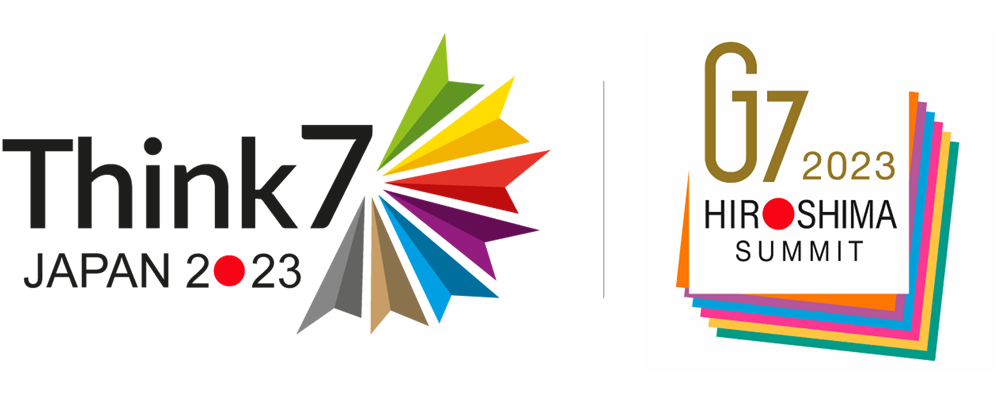Comprehensive security—human, economic, and strategic—faces increasing challenges from inequality, infectious diseases, environmental risks, nationalism and anti-globalization, and erosion of government accountability. International cooperation on the rules for trade and investment and the resulting economic boom have done much to reduce poverty and increase prosperity in many countries around the world, more so in Asia and the People’s Republic of China, in recent decades. But globalization has shifted the economic balance of power and widened inequality within countries, and too many have been left behind. It has also contributed to environmental degradation (including through greenhouse gas emissions) and the multinational and big domestic companies that have profited have been able to avoid bearing the costs of environmental damage or paying the full rent on resource extraction. Many large companies have been able to socialize their financial losses, while their accumulation of capital may reduce competition. The coronavirus disease (COVID-19) pandemic reversed gains in poverty reduction, eroded human capital accumulation, and disrupted supply chains. The Russian invasion of Ukraine exacerbated this disruption, increasing food and energy insecurity, making the international context more complex, and reducing room for cooperation and compromise. Together with extraordinary fiscal and monetary easing, supply disruptions have contributed to rising inflation. The resulting monetary contraction as central banks seek to dampen inflation has driven up interest rates, thus increasing the number of developing countries near or facing debt distress.
Adding to these challenges to human and economic security, the Russian invasion of Ukraine and the growing weaponization of trade have signaled that economic interdependency may be a geo-strategic risk. However, policy responses that play to nationalism, crackdown on media, and promote protectionism and geo-fragmentation will ultimately exacerbate rather than resolve these challenges.
This paper argues that the Group of Seven (G7) should work with the Group of Twenty (G20) to reform and invest in international governance and inspire national policies with a view to:
- Revising global trade and investment rules to support economic growth that is more inclusive, requires compensation for environmental harms, and manages the risks inherent in a digitally connected world. This will reduce pressures for internal conflict and provide more capacity for countries to contribute to addressing global needs as well as improve their resilience.
- Investing in international efforts on prevention, preparedness, and response to global risks from pandemics and fast- and slow-moving natural disasters. Greater investment and improvement in existing mechanisms are needed to enhance human security and reduce destabilizing contagion effects.
- Leading by example in promoting good governance through the development of and commitment to governance standards and supporting countries to design and implement programs with the involvement of civil society and women’s organizations. Over time, more transparent and accountable governments will reduce internal conflict and build support for contributing to international efforts to promote development and better manage global public goods.









